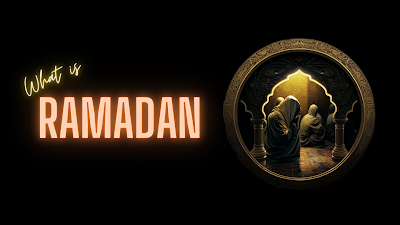The Significance of Ramadan
Ramadan is a time of great significance for Muslims. It is believed that the Prophet Muhammad received the first revelations of the Quran during this month. Muslims also believe that during Ramadan, the gates of heaven are open, and the gates of hell are closed. It is a time for individuals to focus on their spirituality and build a closer relationship with God.
Fasting During Ramadan
Fasting is the most well-known aspect of Ramadan. Muslims fast from dawn until sunset, abstaining from food, drink, smoking, and engaging in sexual activities. The fast is broken at sunset with a meal called iftar. It is important to note that there are exceptions to fasting, such as for children, the elderly, pregnant or breastfeeding women, and those who are ill.
Prayer and Reflection During Ramadan
In addition to fasting, Ramadan is also a time for increased prayer and reflection. Muslims are encouraged to perform taraweeh prayers, which are additional prayers performed after the evening prayer. These prayers are recited from the Quran and can take up to two hours to complete. Muslims are also encouraged to read the Quran during Ramadan, and many choose to complete the entire book by the end of the month.
Community Building During Ramadan
Ramadan is also a time for community building. Muslims gather together for iftar meals, breaking their fast together. Mosques and community centers often host iftar meals to bring people together and foster a sense of community. It is also a time for charitable giving, as Muslims are encouraged to give zakat, which is a form of almsgiving.
Celebrating Eid al-Fitr
The end of Ramadan is marked by Eid al-Fitr, which is a three-day celebration. Muslims gather with family and friends to exchange gifts, enjoy feasts, and celebrate the end of the month-long fast. It is also a time for forgiveness and reconciling with others.
Images
Conclusion
Ramadan is a time of spiritual rejuvenation, self-discipline, and community building. Fasting, prayer, and reflection are all important aspects of this month. Muslims come together to break their fasts and celebrate the end of Ramadan with the Eid al-Fitr celebration. Ramadan is a time to reflect on one's relationship with God, build closer relationships with others, and give to those in need.














